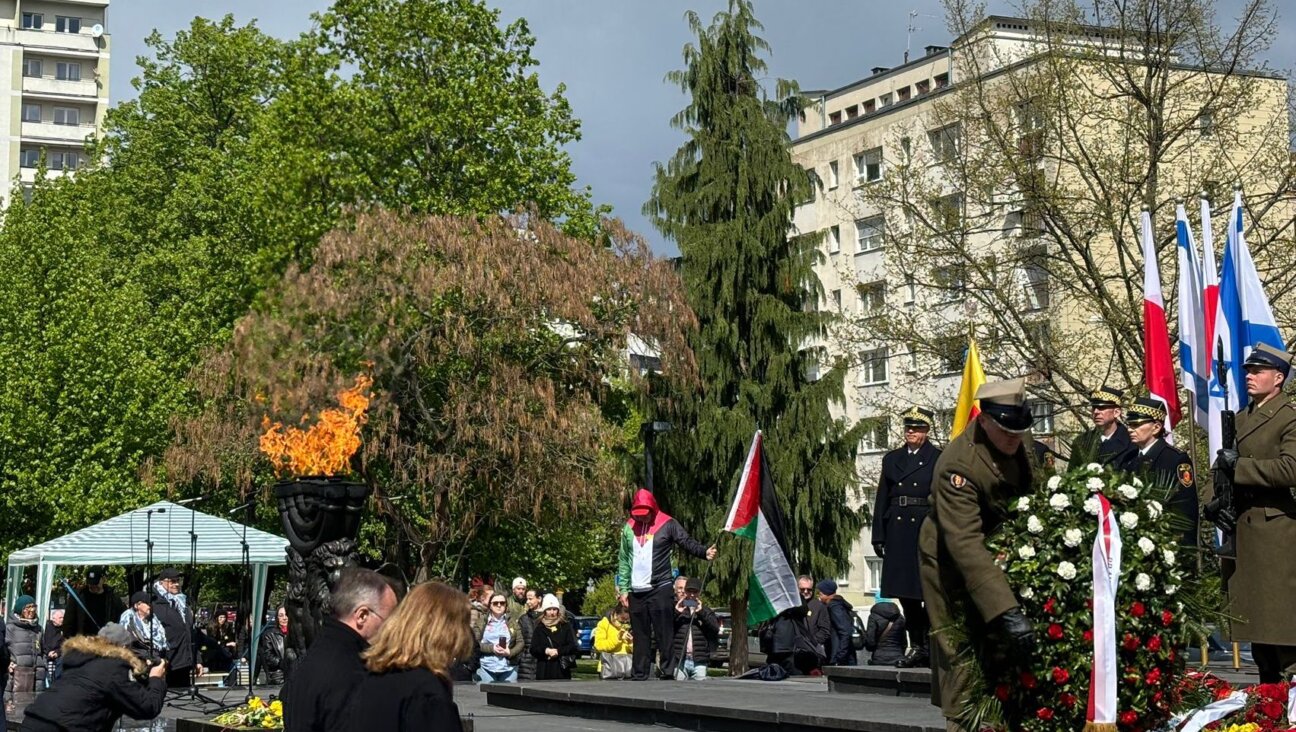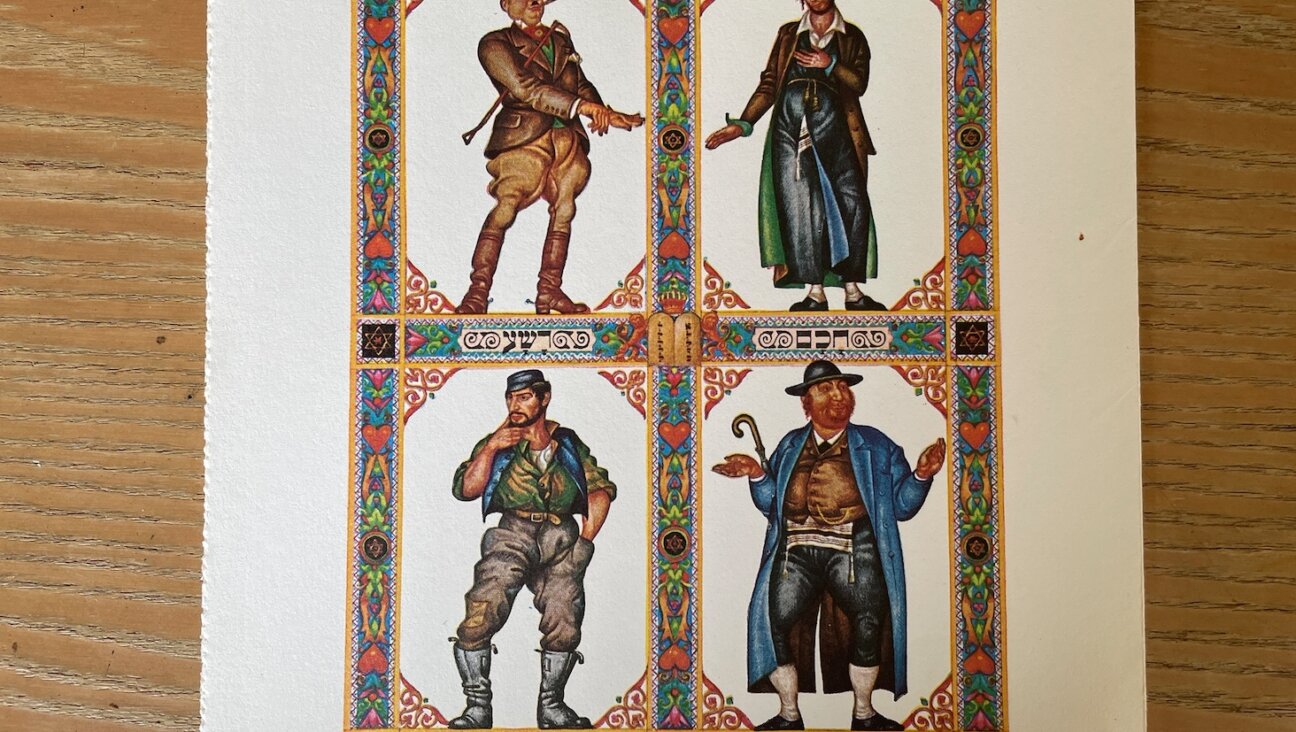Thousands of israeli Arabs Protest Ban on Islamic Movement
Thousands of Israeli Arabs protested on Saturday against the outlawing of a popular Islamist group that Israel says has played a central role in stoking a wave of Palestinian street attacks.
Israel’s government banned the Islamic Movement’s northern branch on Nov 17, risking an angry backlash by its largely quiescent 20-percent Arab minority.
Police did not say how many people attended the protest held in the northern Arab town of Umm el-Fahem. A Reuters photographer said there were about 15,000 demonstrators in what was one of the largest Arab rallies in Israel in recent years.
The Islamic Movement’s northern branch does not, unlike its southern counterpart, recognize Israel’s legitimacy. It runs its own educational and religious services and has been at the forefront of protests against government policies toward Israeli Arabs and the Palestinians.
The group says its activities are lawful.
But Israel says the movement has encouraged Palestinian assaults on Israelis by falsely accusing the government of trying to erode Muslim control of Jerusalem’s al-Aqsa mosque complex, Islam’s third holiest site which is also sacred in Judaism.
Protesters marched through the town’s streets holding up Islamic Movement and Palestinian national flags and chanting: “With our spirit and blood we shall redeem you, al-Aqsa.”
Almost daily Palestinian stabbings, car rammings and shootings have killed 19 Israelis and one U.S. citizen since Oct. 1.
Israeli forces have killed 93 Palestinians, some of whom were carrying out assaults and others in clashes with police and troops. Many of those killed have been teenagers.
The Palestinian attacks have been triggered in part by what the Palestinians fear are Israel’s attempts to change a decades-old religious status quo at the al-Aqsa compound, known to Muslims as the Noble Sanctuary and to Jews as Temple Mount.
Israel says it has no intention of changing arrangements at the complex, at which non-Muslim prayer is banned. However, an increase in visits by religious Jewish activists and far-right lawmakers have added to Palestinian suspicions.
Israeli Arabs are descendants of residents who stayed put during the 1948 war of Israel’s founding, in which hundreds of thousands of fellow Palestinians fled or were forced to leave their homes.
Though Israel claims they have equal rights, Israeli Arabs often say they are treated as second-class citizens, citing inferior services and unfair allocations for education, health and housing. More than half live below the poverty line.

I hope you appreciated this article. Before you go, I’d like to ask you to please support the Forward’s award-winning journalism this Passover.
In this age of misinformation, our work is needed like never before. We report on the news that matters most to American Jews, driven by truth, not ideology.
At a time when newsrooms are closing or cutting back, the Forward has removed its paywall. That means for the first time in our 126-year history, Forward journalism is free to everyone, everywhere. With an ongoing war, rising antisemitism, and a flood of disinformation that may affect the upcoming election, we believe that free and open access to Jewish journalism is imperative.
Readers like you make it all possible. Right now, we’re in the middle of our Passover Pledge Drive and we still need 300 people to step up and make a gift to sustain our trustworthy, independent journalism.
Make a gift of any size and become a Forward member today. You’ll support our mission to tell the American Jewish story fully and fairly.
— Rachel Fishman Feddersen, Publisher and CEO
Join our mission to tell the Jewish story fully and fairly.
Only 300 more gifts needed by April 30
























